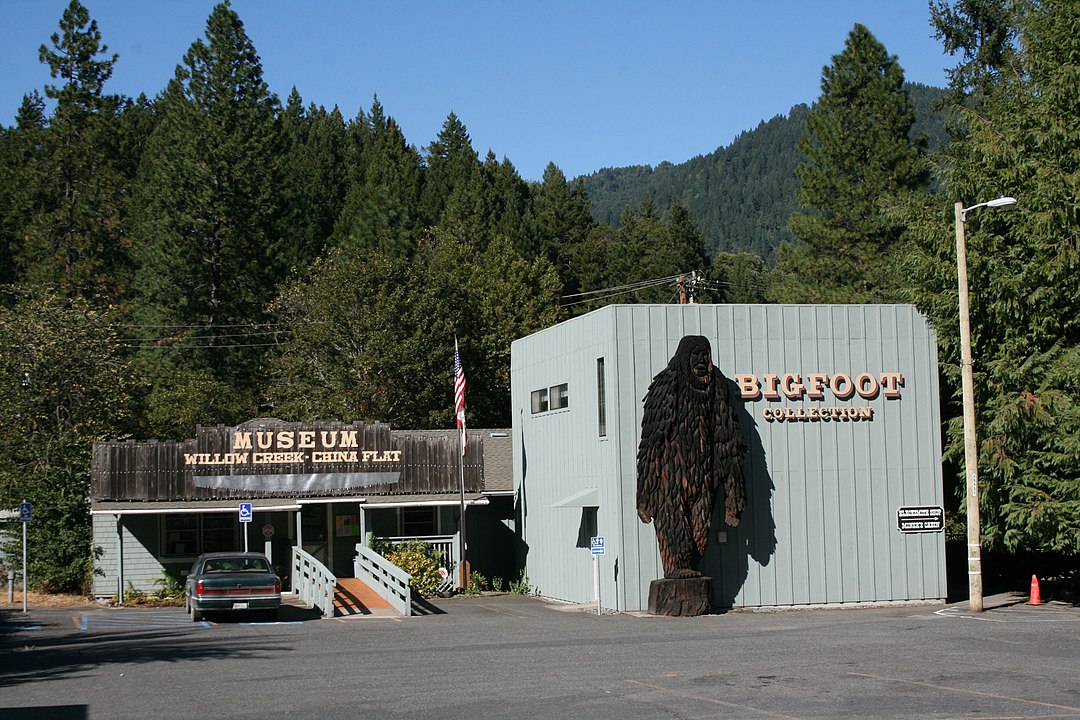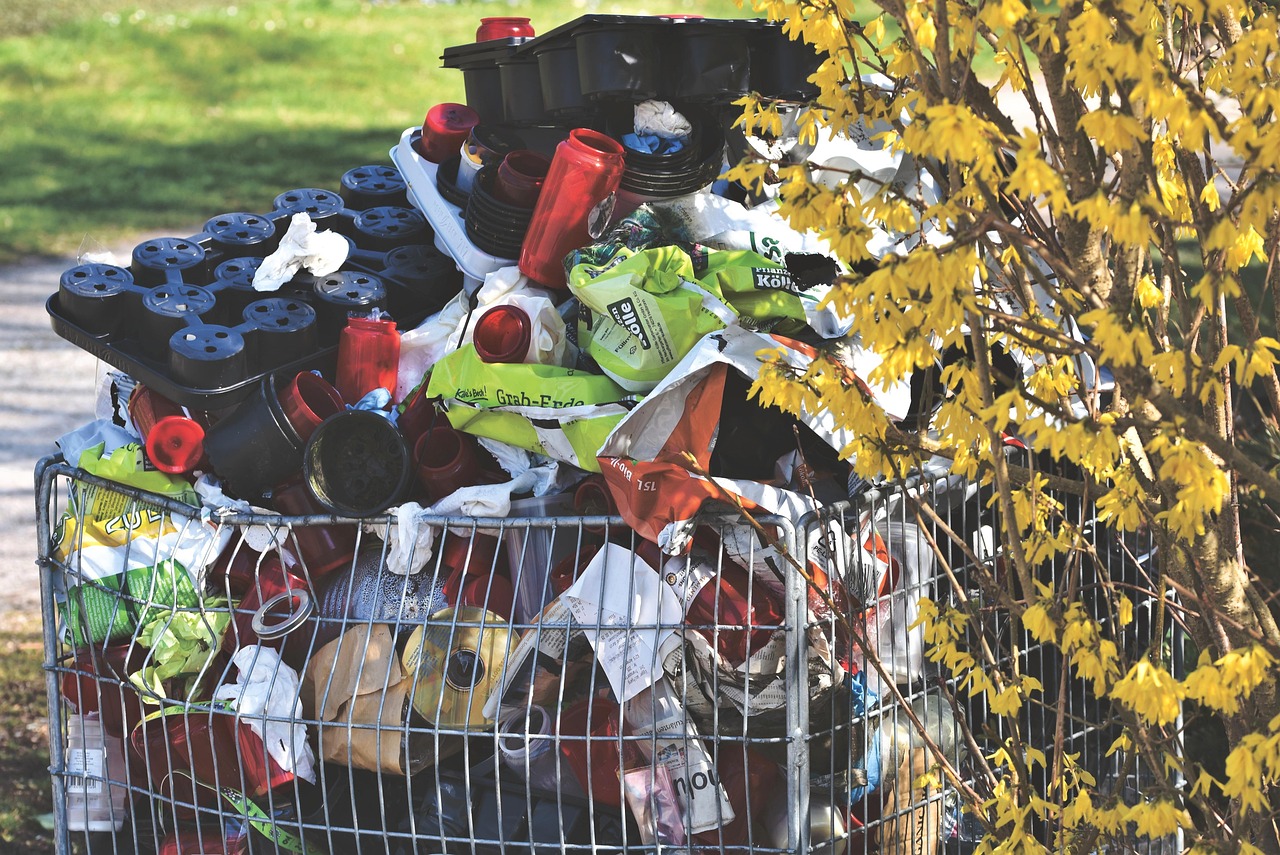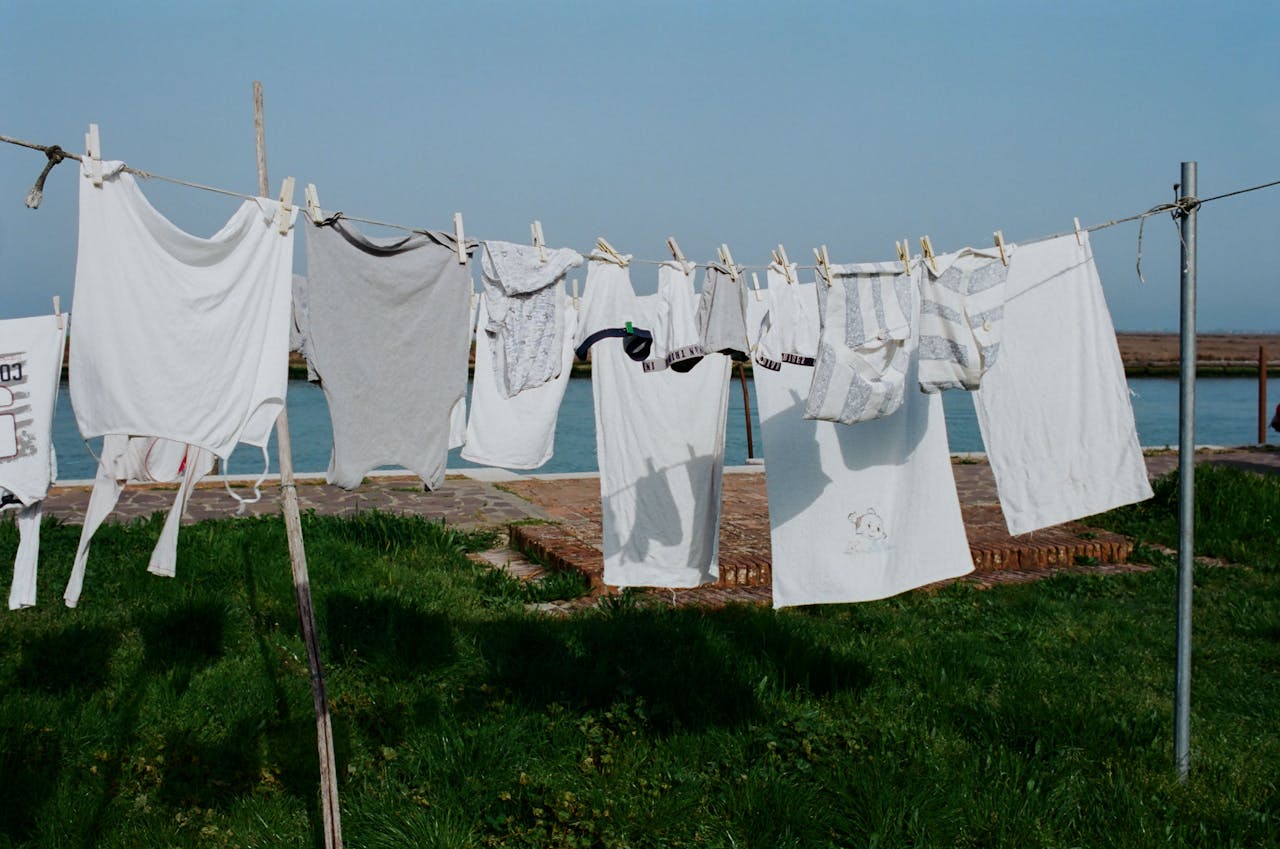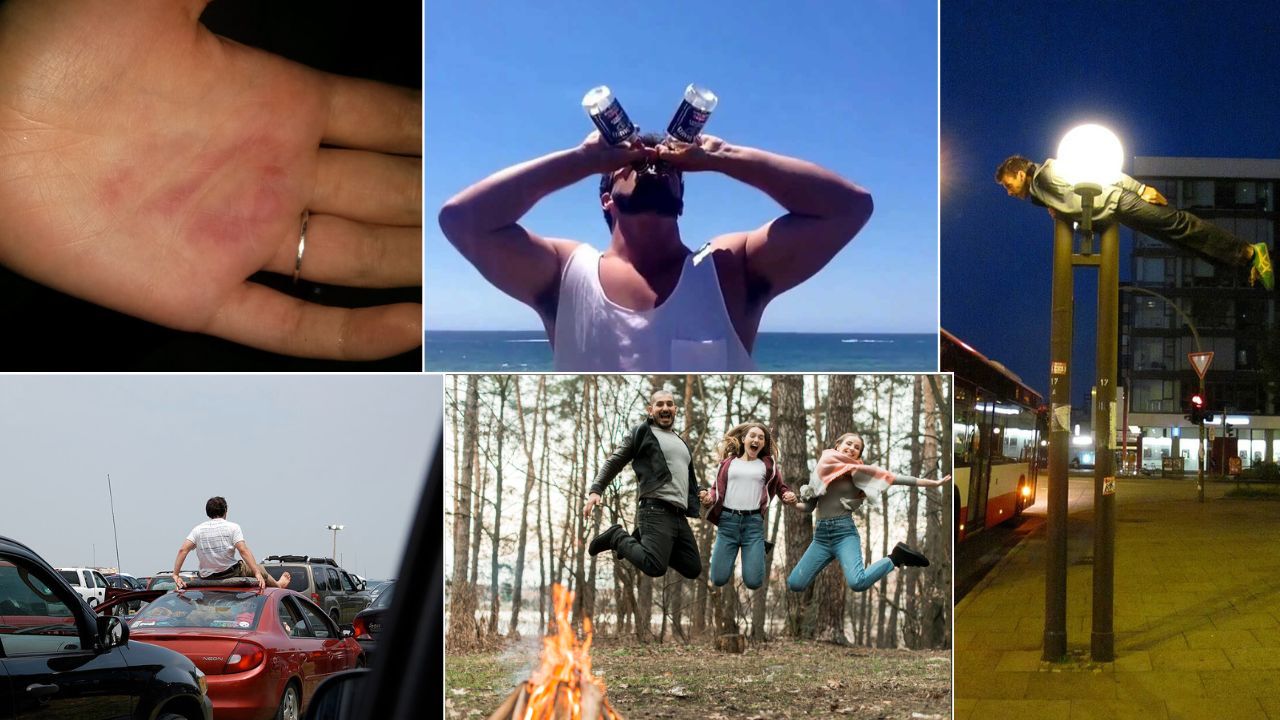Strange laws rarely appear out of nowhere. They usually start with a local problem, a moral panic, or one loud complaint that snowballs into legislation. Decades later, the original worry is gone, but the rule survives like a fossil in the statute book. Read together, these oddities show how communities tried to control behavior, protect reputations, or manage public safety in oddly specific ways. The result is a legal landscape that feels part history lesson, part comedy routine, and part cautionary tale.
Wearing A Fake Mustache In Church, Alabama

Alabama lawmakers once took church decorum so seriously that even props became suspicious. State law makes it illegal to wear a fake mustache in church if it might cause laughter and disturb the service. The idea was simple: worship should stay solemn, and pranksters should not hijack the room with cheap jokes. The statute is rarely enforced, but it still lingers as proof that lawmakers were willing to regulate even facial hair in the name of reverence.
Protecting Bigfoot In Skamania County, Washington

Skamania County turned local legend into legal text when it passed an ordinance in 1969 that made it illegal to kill Bigfoot. Violations once carried felony level penalties, later reduced but still serious, all to prevent reckless hunters from roaming the forests with rifles and wild expectations. The rule blends myth, tourism, and public safety in one stroke. Whether anyone believes in the creature or not, the county has made clear that shooting at shadows in its woods is not welcome.
Fried Chicken Must Be Eaten By Hand, Gainesville, Georgia

In Gainesville, the self proclaimed poultry capital of Georgia, fried chicken etiquette is written into local law. A 1961 ordinance declares fried chicken a delicacy that must be eaten with the hands, effectively outlawing forks and knives for this one dish. Officials have treated it mostly as a humorous tradition, occasionally staging playful enforcement during publicity stunts. Still, the rule captures how civic pride, food culture, and legal language can collide in a very specific instruction about how to hold dinner.
High Heels Need A Permit, Carmel By The Sea, California

Carmel by the Sea looks like a storybook village, but anyone in spiky heels technically needs a permit to walk its uneven streets. A 1963 ordinance restricts heels over two inches with a tiny base, originally meant to reduce falls and lawsuits on root buckled sidewalks. The permits are easy to get and enforcement is almost nonexistent, yet visitors still collect the paperwork as a quirky souvenir. What began as a liability shield has become part of the town’s odd charm and local lore.
The Right To Hang Laundry, Vermont

Vermont took a stand for simple habits when it passed a statewide right to dry law. Municipalities and many associations cannot ban ordinary clotheslines, even in neighborhoods that prefer manicured views over fluttering towels. The statute reflects both environmental values and quiet resistance to class coded rules about what looks respectable. Air drying laundry saves energy and money, and lawmakers decided those benefits outweighed aesthetic complaints. A basic backyard chore ended up with one of the strongest legal defenses in the country.
Arizona’s Ban On Fake Drugs

Arizona does not just regulate illegal narcotics; it also targets imitation controlled substances that are packaged to look like the real thing. State law makes it a crime to manufacture, distribute, or possess these fake drugs with intent to distribute, treating them as their own category of threat. Legislators worried about overdoses, fraud, and dealers tricking buyers with unknown chemicals. The result is a statute that reads oddly specific on paper but reflects practical concerns about safety and deception in street level drug markets.
Feeding Garbage To Pigs, Tennessee

In Tennessee, turning table scraps into pig feed is tightly controlled. State law generally bans feeding garbage to swine unless it is only a household’s own waste for its own pigs, or the material has been processed as required by regulators. The rule connects to broader federal efforts to stop animal diseases from spreading through untreated food waste. On the surface it sounds like a funny restriction on slop buckets. In practice it shows how public health, farming economics, and biosecurity meet at the pig pen.
Husband’s Permission For False Teeth, Vermont

An old Vermont rule often cited in legal trivia claims that a woman once needed her husband’s written permission to get false teeth from a dentist. Historians debate whether it still carries any force, but the idea itself is telling. Even an intimate medical decision could be framed as something a husband must authorize. That attitude turns a dental appointment into a snapshot of a time when married women had sharply limited legal independence. The law survives mostly as a reminder of how recent that history is.
No Throwing Rocks At Trains, Wisconsin

Wisconsin law spells out something that should be obvious but sadly was not. Anyone who intentionally throws stones, bricks, or other missiles at a railroad train can be charged with a crime. The language sounds dramatic, yet railroads faced real risk from shattered glass, injured passengers, and damaged equipment. By naming this behavior directly, lawmakers tried to strip away the idea that it was just mischief. The statute still sits in the criminal code, a reminder that boredom and projectiles were once a serious rail safety concern.
The Once A Year Bath, Kentucky

Kentucky often appears in lists of strange laws thanks to a supposed requirement that residents bathe at least once a year. The rule is widely treated as apocryphal or obsolete, yet it captures how earlier generations tied cleanliness to morality and public order. Even if the exact statute is hard to pin down, similar local ordinances tried to push basic hygiene through legal pressure. The story lives on because it feels both absurd and oddly believable in a time before modern plumbing and public health campaigns.
No Banning Of Clotheslines, Energy Devices, Vermont

Alongside its defense of laundry lines, Vermont passed broader protections for renewable energy devices on private property. Municipalities cannot use local rules to effectively prohibit solar collectors, clotheslines, or similar equipment that helps residents cut utility use. The law treats small household choices as part of statewide climate and energy strategy. It also quietly pushes back against aesthetic driven restrictions favored by some associations. What looks like a niche property rule is actually a signal about whose priorities count when beauty and practicality collide.


